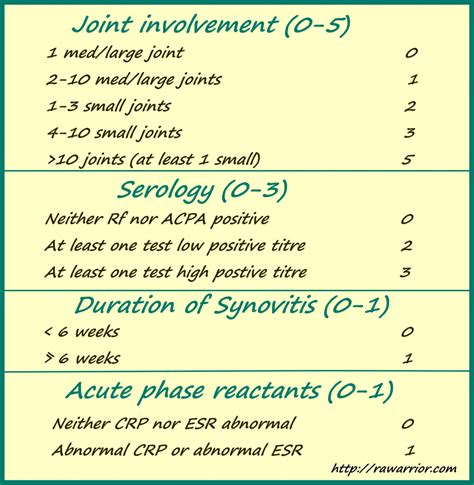Rheumatoid arthritis (RA) is a complex condition that affects millions worldwide. Characterized by joint inflammation, pain, swelling, and even deformities, it’s a chronic autoimmune disease where the body’s immune system mistakenly attacks its own joints. Beyond the joints, RA can also impact various body systems like the skin, eyes, lungs, heart, and blood vessels. Delving deeper can help you understand the nuances of RA and manage it effectively.

Arthritis: A Broad Overview
Arthritis isn’t limited to just one condition. It encompasses around 100 conditions affecting the joints and their surrounding tissues. When not appropriately managed, the repercussions can be severe, resulting in immense pain, activity limitations, and even disability. Moreover, individuals with arthritis often struggle with anxiety, depression, and are major consumers of prescription opioids in the U.S.[source]
Decoding the Severity: The Disease Activity Score (DAS)
To understand how RA impacts an individual, the Disease Activity Score (DAS) can be instrumental. This metric assesses the disease’s activity, including swelling and tenderness across 28 joints. With a scaling from one (least severe) to 10 (most severe), DAS aids health providers in determining the RA activity level in patients and monitoring it over time[source].
Exploring Treatment Options: DMARD and E-Stim
DMARD (Disease-Modifying Antirheumatic Drugs) treatment is recommended when patients are diagnosed with early rheumatoid arthritis. Adhering to current guidelines ensures effective management of the condition[source]. Additionally, some patients might consider Electrical Stimulation (E-Stim) therapy, which employs tiny electrical impulses to relax muscles and promote healing. While research indicates e-stim might not be highly effective for RA, it’s generally considered harmless[source].
The Vitamin D Connection
Vitamin D, crucial for bone and cartilage metabolism, has been in the spotlight for its potential connection to RA. One study aimed to discern the link between RA and the vitamin D receptor genes FokI and TaqI polymorphisms. Such insights can pave the way for more personalized treatment options in the future[source].
In conclusion, understanding rheumatoid arthritis is crucial, not just for those afflicted but also for caregivers and society at large. Comprehensive knowledge can foster better management, leading to an improved quality of life for patients.


